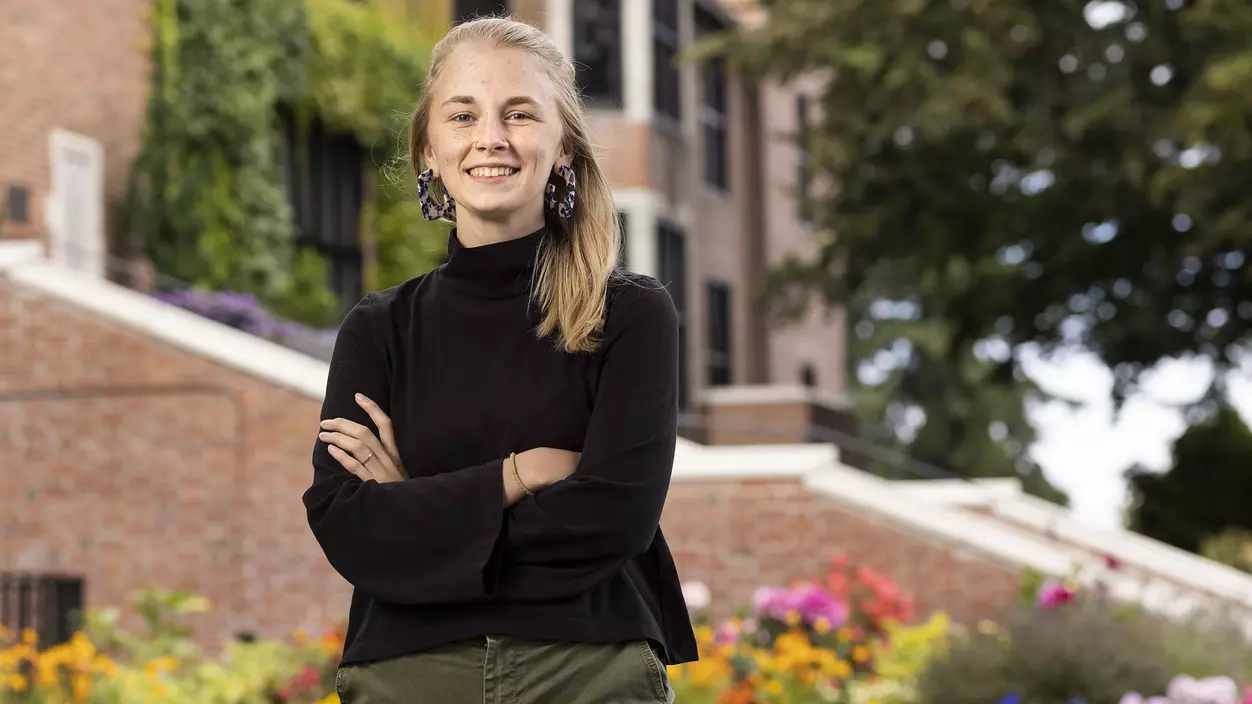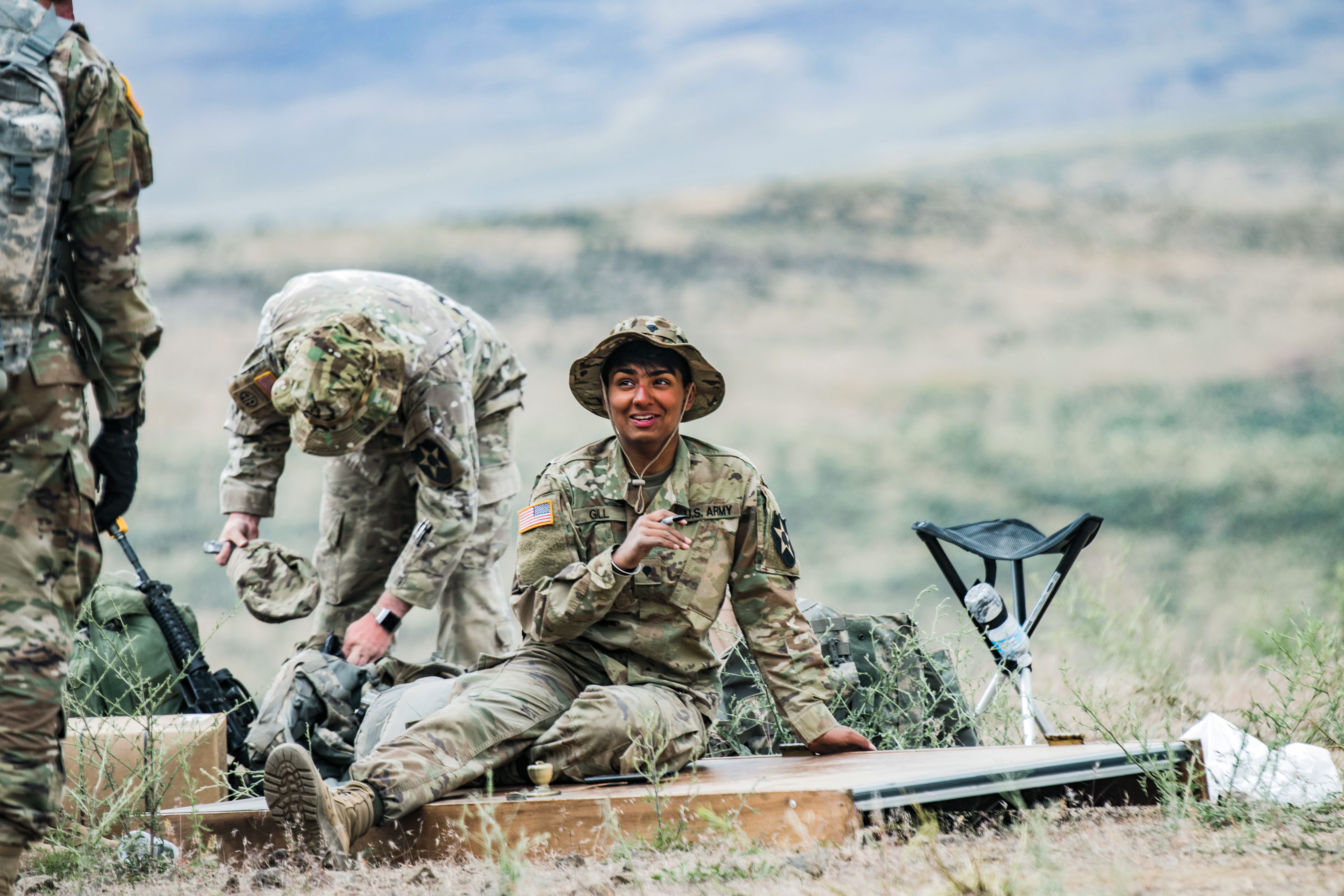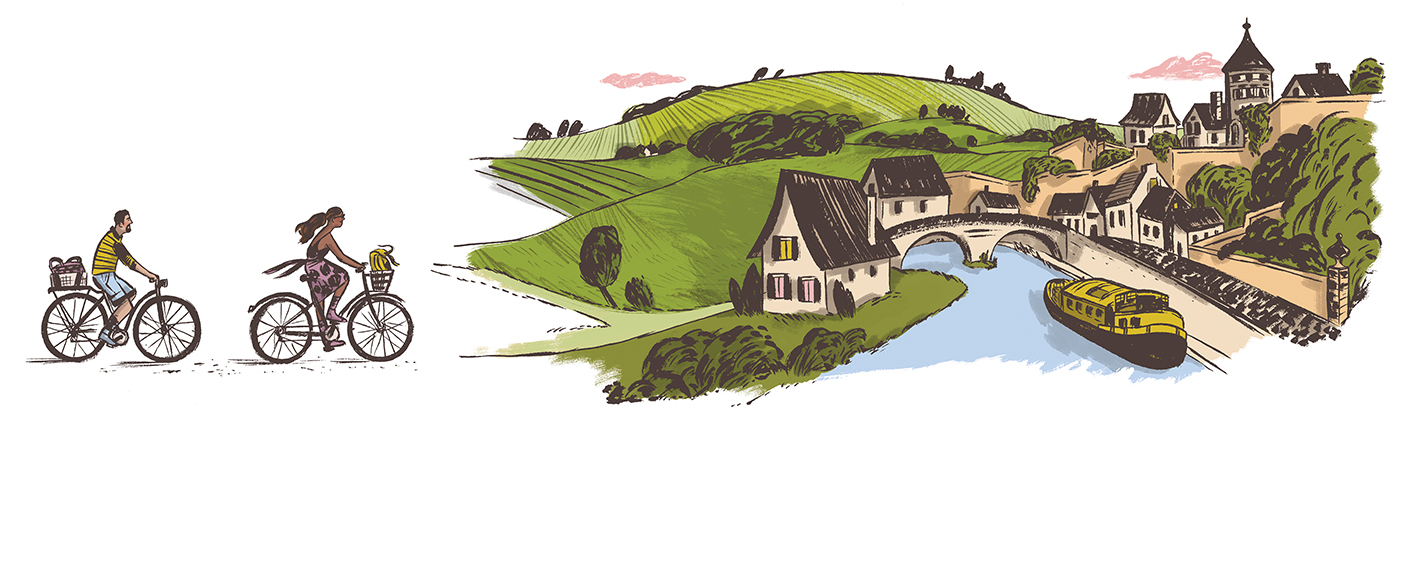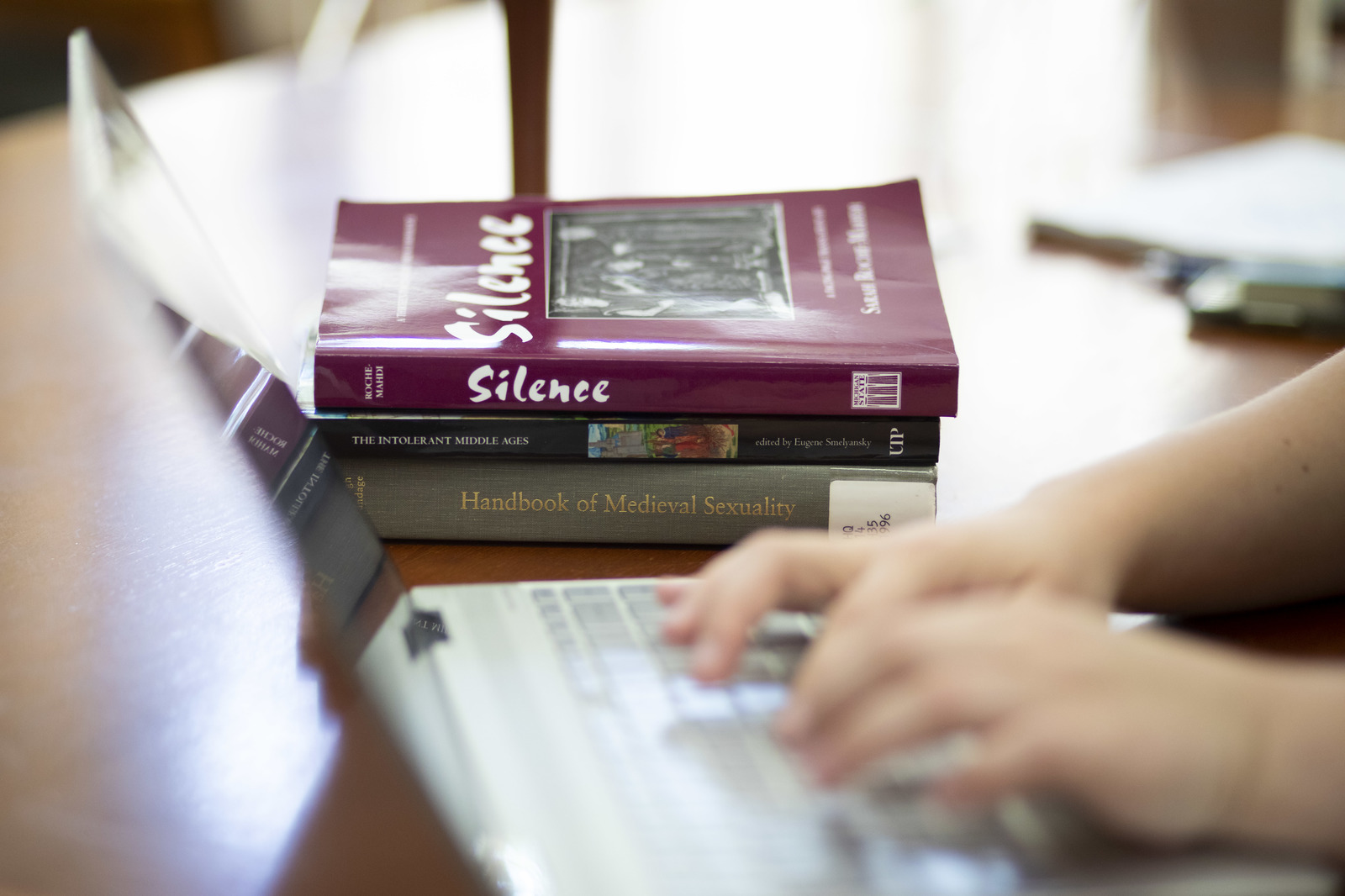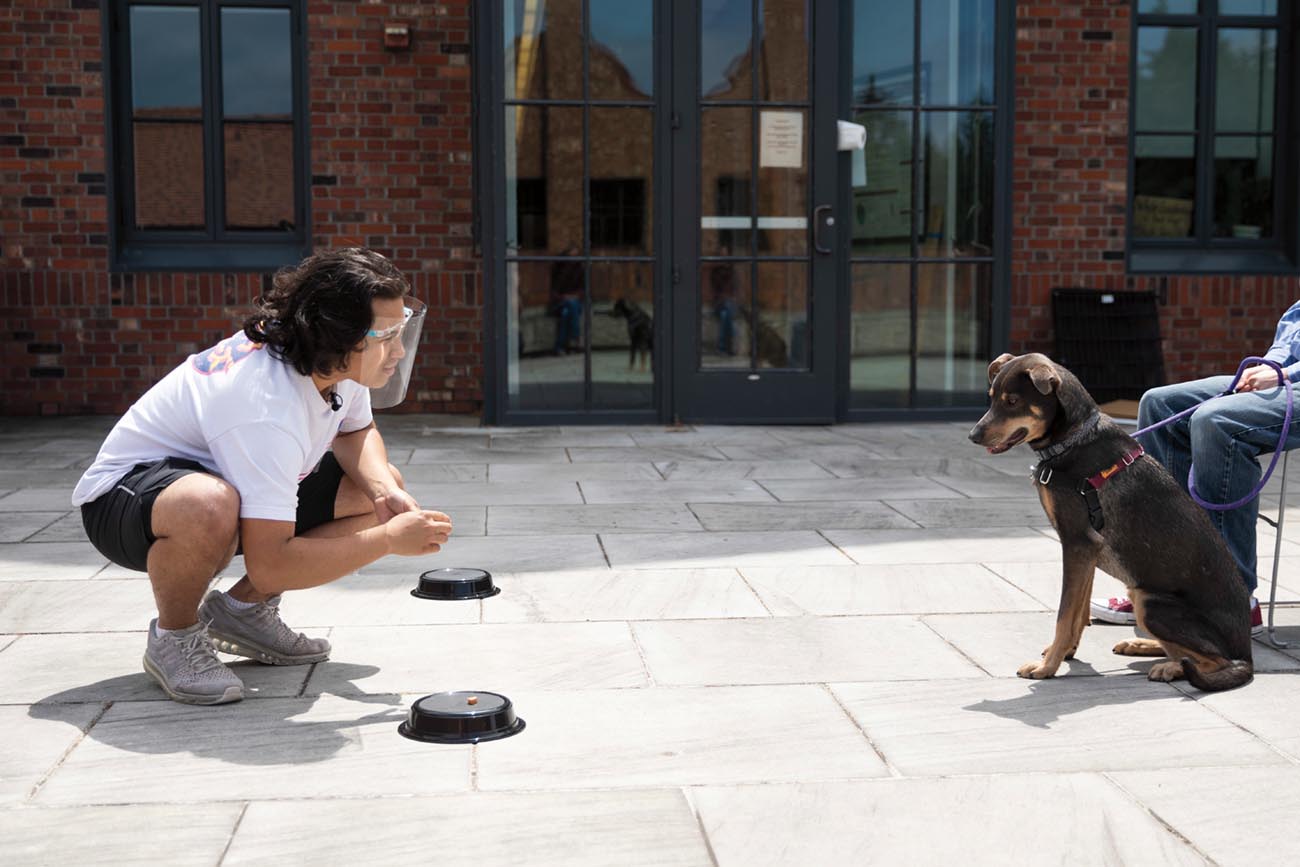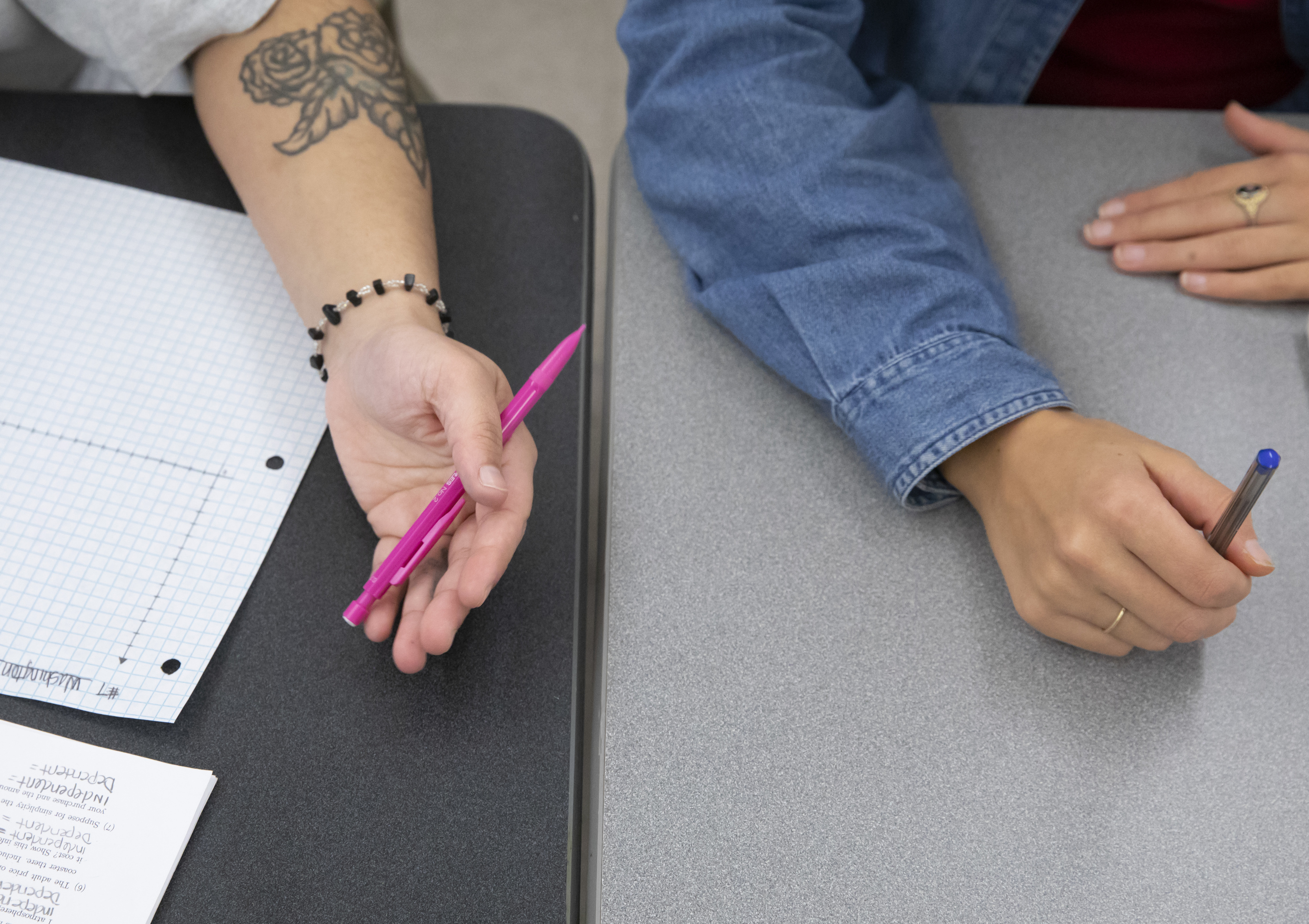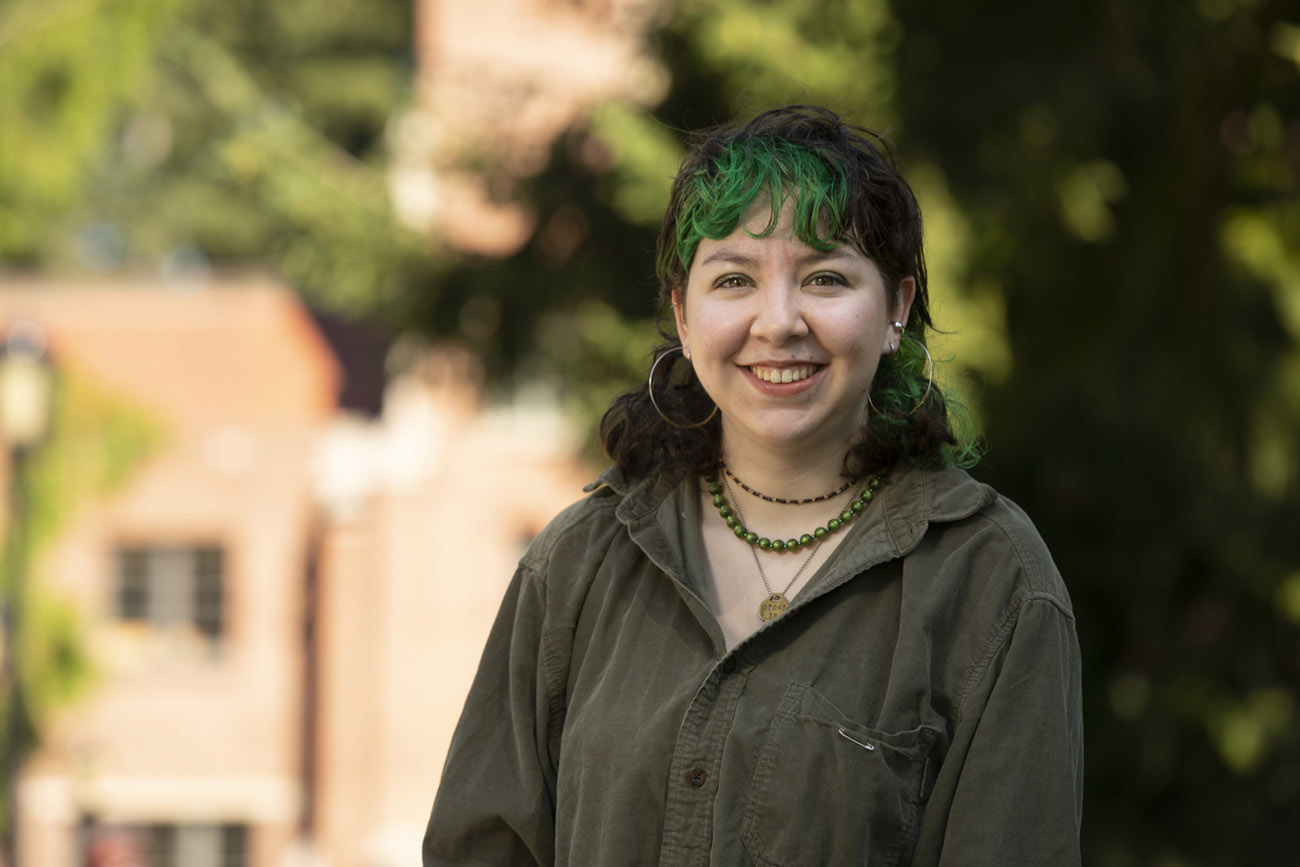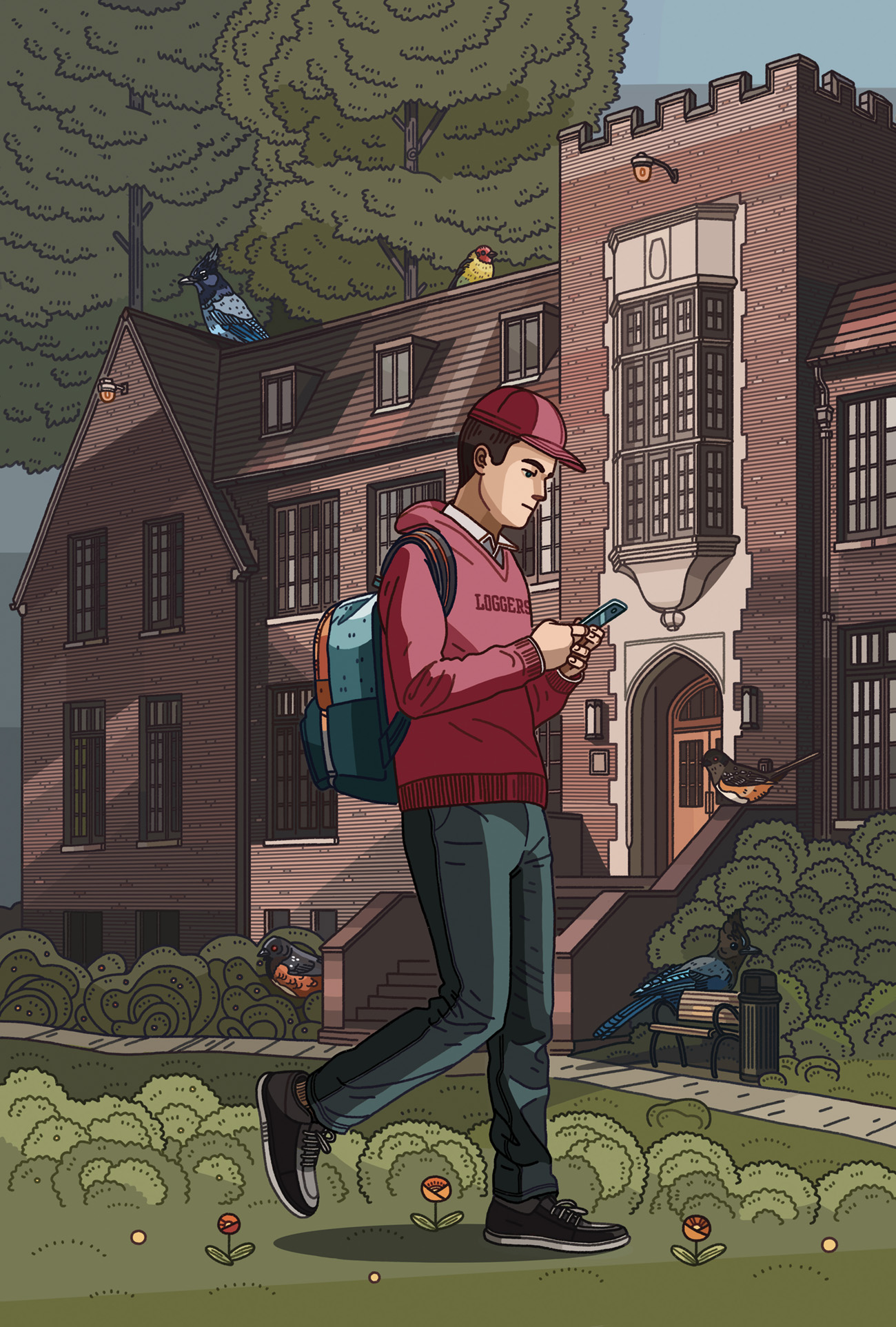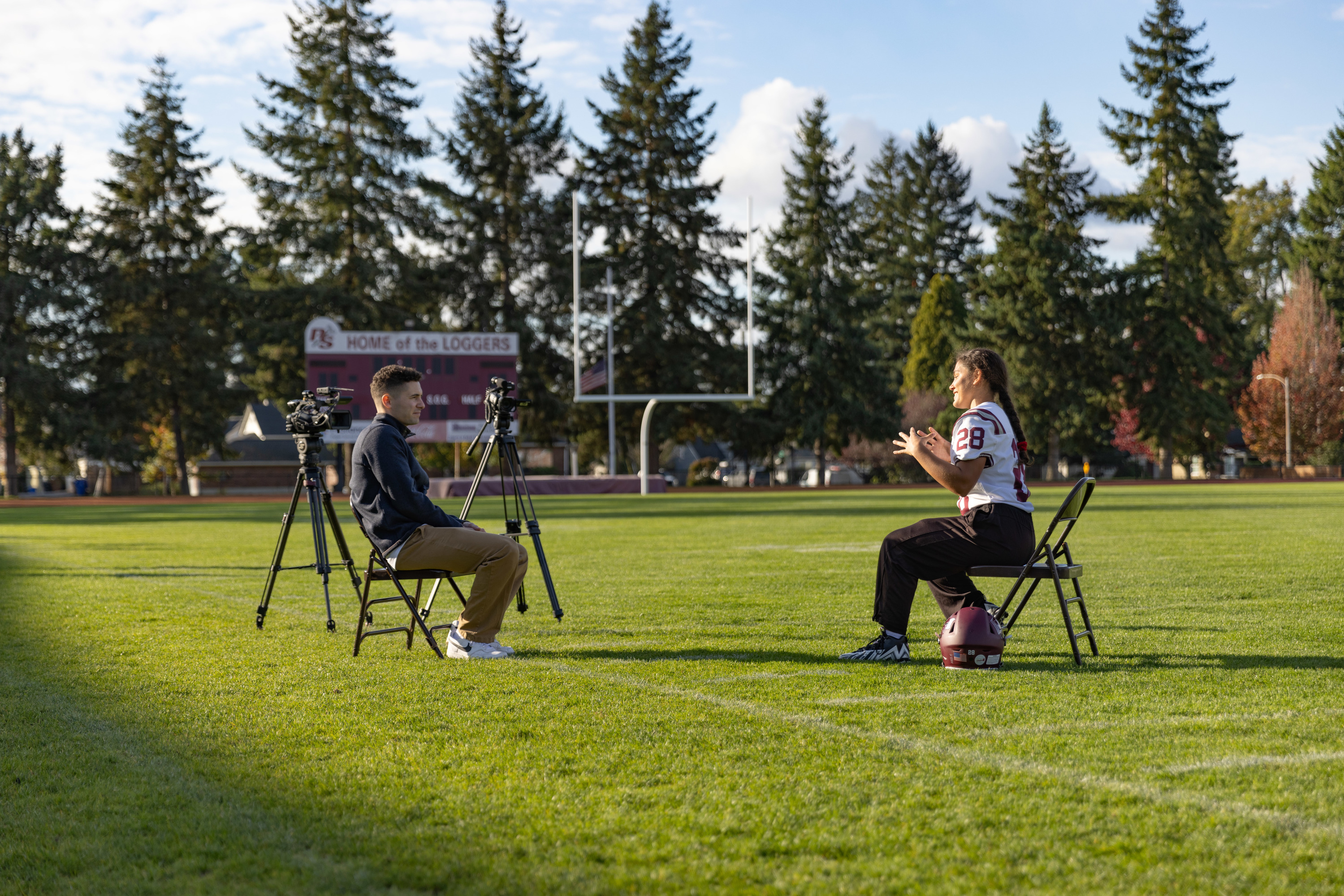The following are excerpts from Highsmith’s final paper, titled “COVID-19 and Xenophobia: Reckoning with East Asian Identities in the United States.”
Community trauma: Generally, participants were not concerned for their own safety; however, the current wave of anti-Asian hate has still been traumatic and has led people to consider their identities and how they are perceived in American society. Women and younger people were much more likely to feel personally threatened with physical or verbal harassment.
Code-switching and shapeshifting: Although most participants did not report having felt personally threatened, many still took measures to try to hide their identities. ... Overall, women and younger people were much more likely to report … going out of their way to try to avoid harm. Measures taken to try to avoid harm ranged from code-switching in their everyday speech to wearing sunglasses to hide their faces.
The struggle for racial justice: Many participants noted that the current racial reckoning in the U.S. is helping them unpack their identities and the country’s history of racism. Even so, some participants who supported movements like Black Lives Matter worried that other minority groups were being overshadowed.
Reconsidering the role of faith: The unrest and uncertainty fueled by the pandemic also led many participants to question their faith. Overall, younger people tended to struggle more with faith … where for older people it was a pillar of their coping, both with anti-Asian hate and with their general anxiety about their health and safety.
Shifting identities: Overall, participants who said their identities had changed during the pandemic all said that it was a positive change. They are now prouder of their identities and more curious about their heritage. One participant even noted that they used xenophobia as a tool to feel empowered, saying, “[It] gives me an opportunity to stand up for myself, my family, and my peers.”
Implications: Anthropologist and writer Ruth Behar once said that “anthropology that doesn’t break your heart just isn’t worth doing anymore.” This quote has resonated with me throughout this project and has changed how I view my academic field. I want to continue to study this issue, but I also want to bring awareness to the surge of anti-Asian hate in our country, learn more about the history of discrimination against Asians, and advocate for anti-racist efforts that are inclusive of Asians and other less visible minority groups.
